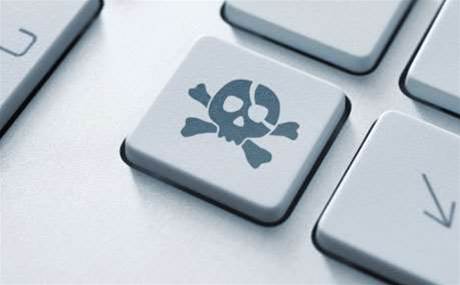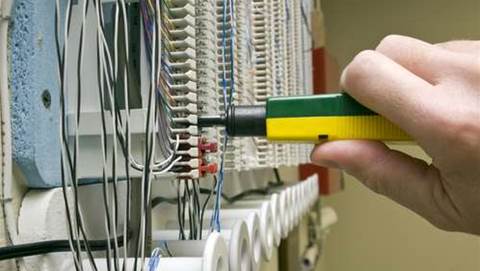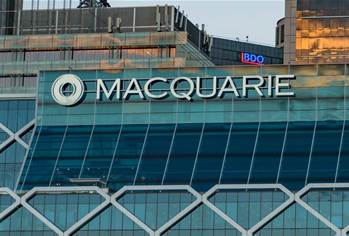iiNet and several other internet service providers have been ordered to pay most of the court costs for the owners of the Dallas Buyers Club film for being "adversarial" in the proceedings.

Justice Perram today ruled that by putting "nearly everything in issue", iiNet, Internode, Dodo, Amnet, Adam Internet and Wideband Networks had adopted an adversarial stance and therefore should be required to pay a significant portion of DBC LLC's costs.
Normally, a respondent to a preliminary discovery application "who does not take an adversarial position" can be awarded costs, Justice Perram said.
The ISPs were also told to reimburse DBC LLC for the travel and accommodation costs associated with flying out a purported technical expert - Daniel Macek of piracy tracking firm Maverickeye - to Australia from Germany to provide testimony that was ultimately worthless.
"I do not think the ISPs took any step which they were not entitled to take," Perram ruled.
"Nevertheless, it cost money to get Mr Macek here and it was ultimately fruitless."
Perram similarly waved aside iiNet's argument that DBC LLC should provide $275,000 in security for costs associated with the preliminary discovery process, else they get the user details and "go to the airport", as Perram recently put it.
The judge said while it was clear DBC must pay the ISPs' future costs of handing over the details, the companies should first submit evidence as to what their costs might be.
"The ISPs should not be required to complete the discovery process until the issue of security is finalised," Perram said.
The ISPs are to make an application for recovery of the costs involved in compiling and handing over the user details associated with the 4700-odd IP address by next Wednesday.
Next up: the letter
Dallas Buyers Club was also ordered to provide the court with a copy of the letter it plans to send to the alleged infringers by next Wednesday.
"The appropriate course is for Dallas Buyers Club to formulate a draft letter for the court’s consideration," Perram wrote.
"When the letter is in a form which is satisfactory I will then require the ISPs to give the account holder information sought to Dallas Buyers Club, on its undertaking to send a letter only in that form."
He said while it was too early to make any comments on the potential contents of the letter, relevant issues included the sophistication of the letter's recipients, the types of conduct involved, and the range of remedies for copyright infringement.
iiNet's argument throughout the case has been that DBC LLC and parent Voltage Pictures will take the same approach as in the US and send threatening letters to ISP customers demanding a settlement payment to avoid legal action.
"As the ISPs correctly submit, it should not be assumed that every recipient has engaged in infringement. On the other hand, it would be to engage in fantasy to think that some of them have not," Perram said.
He ruled against iiNet's argument that DBC LLC should cover the costs of communicating the preliminary discovery to customers - "if the ISPs wish to write such a letter then that is a matter for them".
The issue of security for costs will be heard on May 21


.png&h=140&w=231&c=1&s=0)

.png&h=140&w=231&c=1&s=0)


.png&w=100&c=1&s=0)



 Private AI vs Public AI: How your organisation can securely adopt AI without compromise and excessive cost
Private AI vs Public AI: How your organisation can securely adopt AI without compromise and excessive cost
 iTnews Benchmark Security Awards 2025
iTnews Benchmark Security Awards 2025
 Digital Leadership Day Federal
Digital Leadership Day Federal
 Government Cyber Security Showcase Federal
Government Cyber Security Showcase Federal
 Government Innovation Showcase Federal
Government Innovation Showcase Federal











.jpg&h=140&w=231&c=1&s=0)



